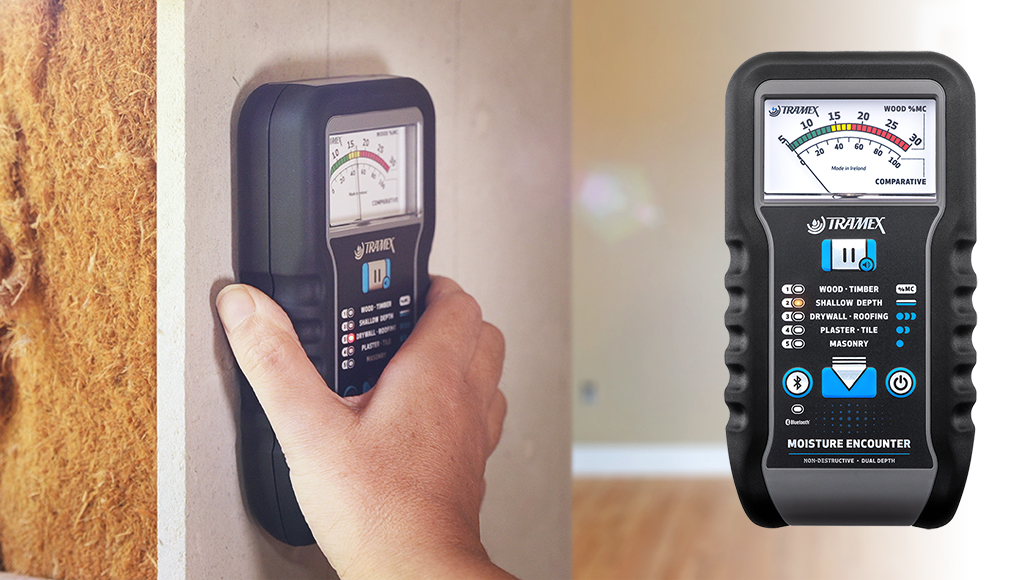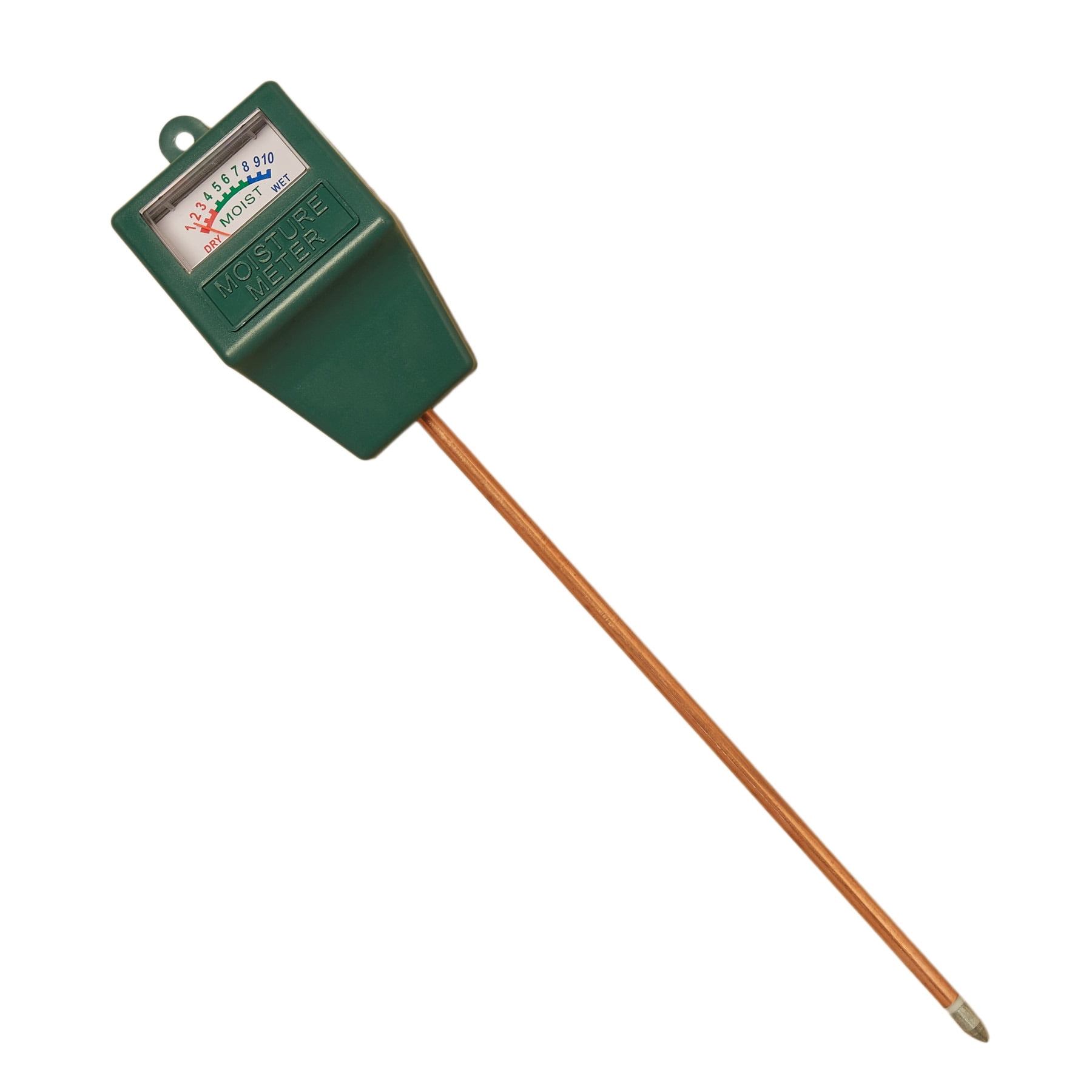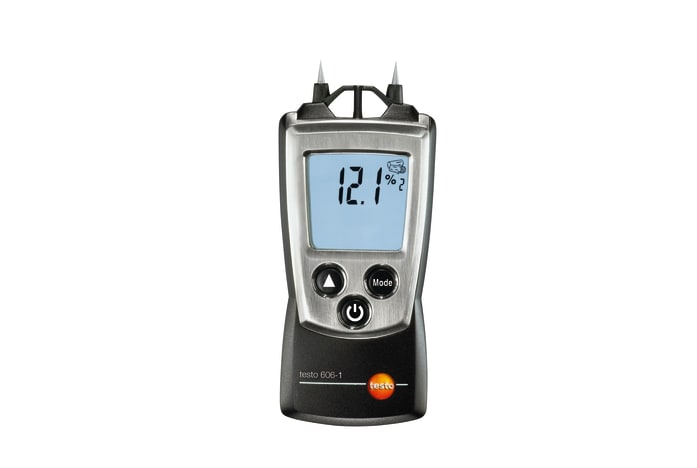The Ultimate Guide to Moisture Meters: A Comprehensive Overview and Just How They Can Conserve You Cash
In the world of building maintenance, construction, and numerous sectors, the importance of properly gauging wetness levels can not be overemphasized. Dampness meters offer as vital tools in discovering and keeping track of moisture content in products, assisting in protecting against expensive damages and ensuring the top quality of products. Understanding the subtleties of different sorts of wetness meters, their applications, and the potential cost-saving advantages they use can be a game-changer for professionals and services alike. Discovering how these tools can not only simplify processes yet also add to financial cost savings is a journey worth starting.
Kinds Of Moisture Meters
One usual type is the pin-type dampness meter, which gauges the electrical resistance between 2 pins put right into a material. Pinless wetness meters, on the various other hand, usage electromagnetic sensor plates to scan a bigger location without causing damage to the material's surface.
In addition, there are also specialized dampness meters made for specific materials like soil, grain, or hay. These meters supply exact dampness analyses tailored to the unique properties of the material being evaluated. Infrared moisture meters measure the thermal homes of a product to identify its wetness material non-invasively, making them valuable for applications where pin or pinless meters might not be suitable. Understanding the different sorts of dampness meters readily available can help industries choose one of the most ideal device for their details dampness dimension demands.

Benefits of Making Use Of Moisture Meters

Additionally, making use of moisture meters can lead to enhanced energy performance. In farming settings, dampness meters play a critical function in enhancing crop returns by allowing farmers to keep an eye on dirt dampness levels and make educated irrigation decisions.
How to Choose the Right Moisture Meter
Picking the proper wetness meter includes considering crucial elements such as product compatibility, measurement variety, and calibration accuracy. When choosing a dampness meter, it's vital to guarantee that the meter is appropriate for the specific product you will certainly be testing. Different products have varying electric residential or commercial properties that can affect dampness readings, so picking a meter created for your product is critical for exact results. Additionally, think about the measurement variety of the wetness meter. Make certain that the meter can spot dampness degrees within the array required for your applications. Calibration accuracy is another important factor to remember (Moisture Meter). Choose a wetness meter with dependable calibration to make certain consistent and exact readings. Some meters might call for regular calibration modifications, so comprehending the calibration process is necessary. By thoroughly reviewing these variables, you can pick a dampness meter that satisfies your needs and offers accurate wetness dimensions for your check my source tasks.
Proper Methods for Moisture Meter Usage
To make sure accurate dampness analyses and make best use of the performance of a wetness meter, using appropriate techniques is essential. When making use of a pin-type wetness meter, put the pins or probes right into the material being checked until they make complete get in touch with. By following these appropriate techniques, individuals can rely on their wetness meter to provide credible moisture levels, helping in protecting against expensive damage or guaranteeing top quality in various applications.

Price Financial Savings With Moisture Meter Applications
Just how can the strategic utilization of wetness meters lead to considerable price savings across different markets? In the farming sector, dampness meters help in determining the optimal time for gathering plants, protecting against over-drying or excess moisture that can impact the final product's quality.

Additionally, in the food processing industry, moisture meters are vital for checking item top quality and ensuring conformity with safety and security laws. By properly gauging dampness web content in food items, makers can prevent perishing, preserve freshness, and reduce waste, causing substantial cost financial savings. On the whole, the critical application of wetness meters is a useful investment that can result in significant expense decreases and improved efficiency throughout different industries.
Conclusion
In final thought, dampness meters are important devices for measuring and discovering wetness degrees in various products. By utilizing the ideal dampness meter and following appropriate strategies, users can successfully protect against costly damages created by excess moisture.
Moisture meters serve as essential tools in identifying and keeping track of moisture material in products, aiding in avoiding expensive problems and making certain the quality of products. Infrared wetness meters determine the thermal residential or commercial properties of a product to establish its dampness web content non-invasively, making them useful for applications where pin or pinless meters may not be suitable.Moisture meters provide indispensable benefits in accurately monitoring and assessing moisture degrees in varied materials and atmospheres. In farming settings, wetness meters play a vital function in enhancing crop yields by enabling farmers to keep track of soil moisture levels and make informed watering go to the website choices.In final thought, moisture meters are important tools for gauging and identifying dampness sites degrees in various materials.